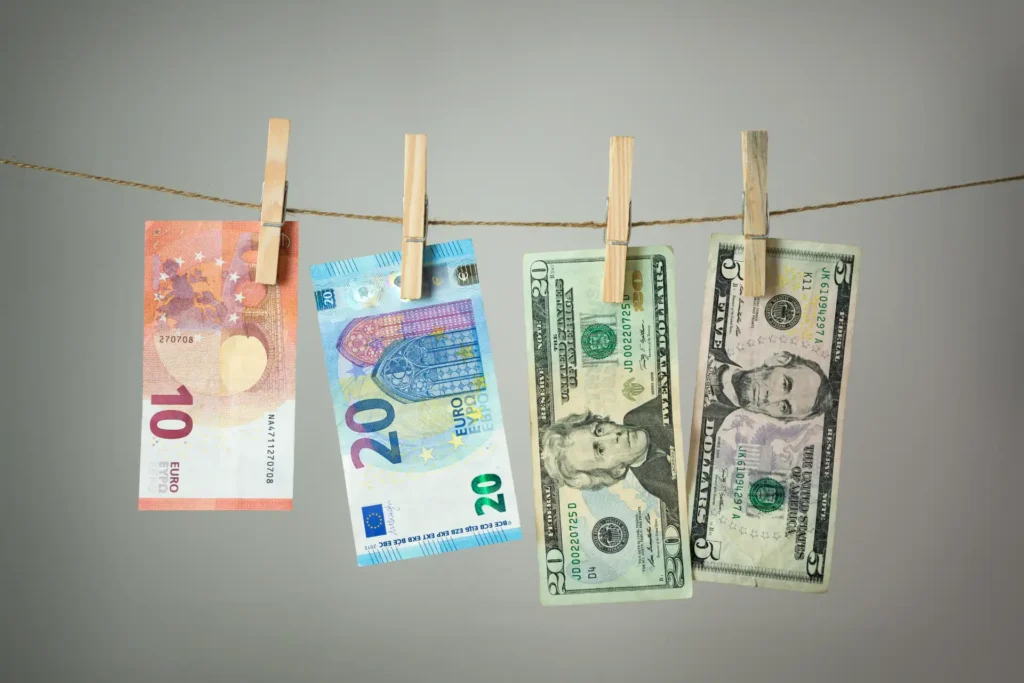
What’s a pegged exchange rate & why does it matter to you?
Navigating currency exchange rates is crucial for any traveller; misunderstanding them can lead to unexpected costs that could blow your travel budget. But what if you could predict and manage these expenses more effectively?
Understanding pegged exchange rates is the key. Unlike volatile floating rates, a pegged exchange rate is a stable value set by a country against a major currency like the US dollar or the euro, stabilising national economic fluctuations.
This post will explain how pegged rates work, their impact on your travel budget, and why knowing the difference could save you from unwelcome financial surprises.
Let’s dive into the essential knowledge that every savvy traveller needs!
Buy travel money now
Understanding pegged exchange rates
A pegged exchange rate, often referred to as a fixed exchange rate, is controlled by a country’s monetary authorities.
These authorities commit to maintaining the currency’s value at a predetermined rate against its pegged currency.
This system can be seen in countries like Saudi Arabia, which pegs its currency, the Saudi riyal, to the US dollar.
To maintain this fixed rate, a country must hold large reserves of the foreign currency to which it is pegged.
This allows monetary authorities to manage variations in supply and demand through direct intervention in the foreign exchange market, buying or selling domestic currency as needed to maintain the peg.
The International Monetary Fund (IMF) is crucial in helping countries manage their exchange rates, including fixed and pegged systems.
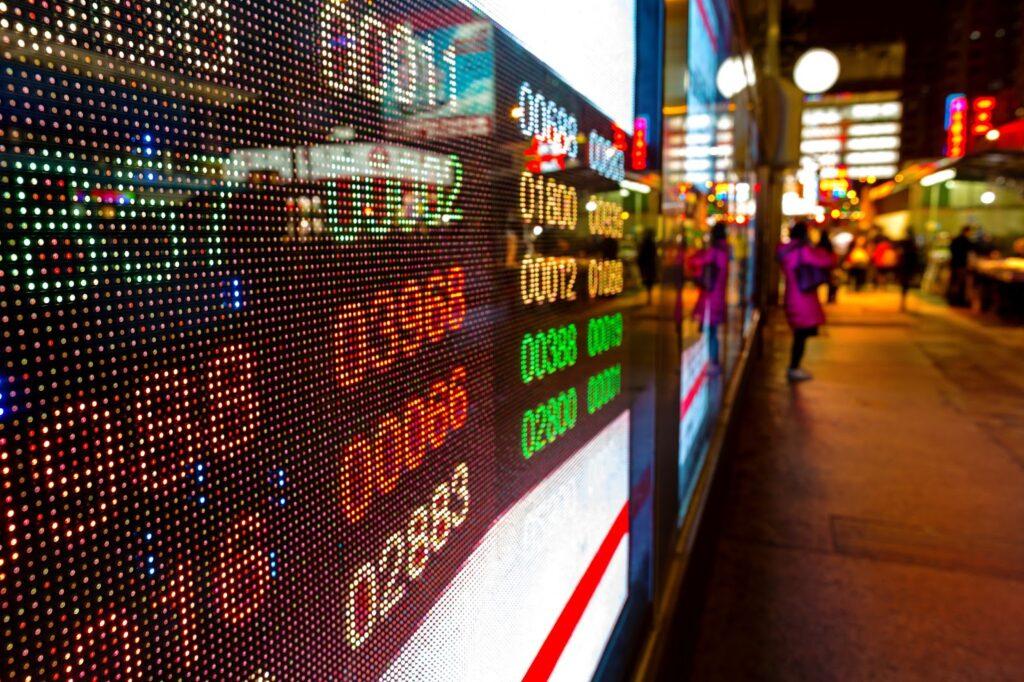
Why countries peg their currencies
Countries opt for pegged exchange rates for several reasons. Primarily, it helps stabilise their economy by preventing frequent fluctuations in their currency value, which can be especially important for countries reliant on international trade.
For example, by pegging its currency, a country can make its export prices more predictable and attract foreign businesses and investors who prefer stability in their transactions.
Pegging a currency to a major currency like the US dollar or to a basket of currencies helps maintain competitive pricing in international markets.
This is crucial for countries whose economic growth is significantly tied to global economic conditions.
Pegged exchange rate pros and cons
Pros
- For travellers, pegged exchange rates mean more predictable prices when planning trips.
- This stability can be handy when budgeting for hotels, meals, and other travel expenses in a foreign country.
- It also reduces the risk of sudden changes in travel costs due to currency fluctuation.
Cons
- Pegged exchange rates can lead to economic issues if the pegged currency becomes overvalued or undervalued.
- This misalignment can cause a country’s goods to become either too expensive or too cheap, leading to economic distress and indirectly impacting the cost of travel.
Buy travel money now
How pegged rates impact travellers
Understanding pegged exchange rates can significantly affect your travel experience.
In countries with pegged rates, you might find that your money goes further or not as far, depending on the strength of the pegged currency against your own.
For instance, if the domestic currency of the country you plan to visit is undervalued, you might get more bang for your buck, which could mean more lavish meals, better accommodation, and longer stays.
On the flip side, if the currency of the country you’d like to visit is overvalued, you might find that everyday expenses are higher than you anticipated.
Knowing this can help you choose the right destination based on your budget and get the most value out of your money.
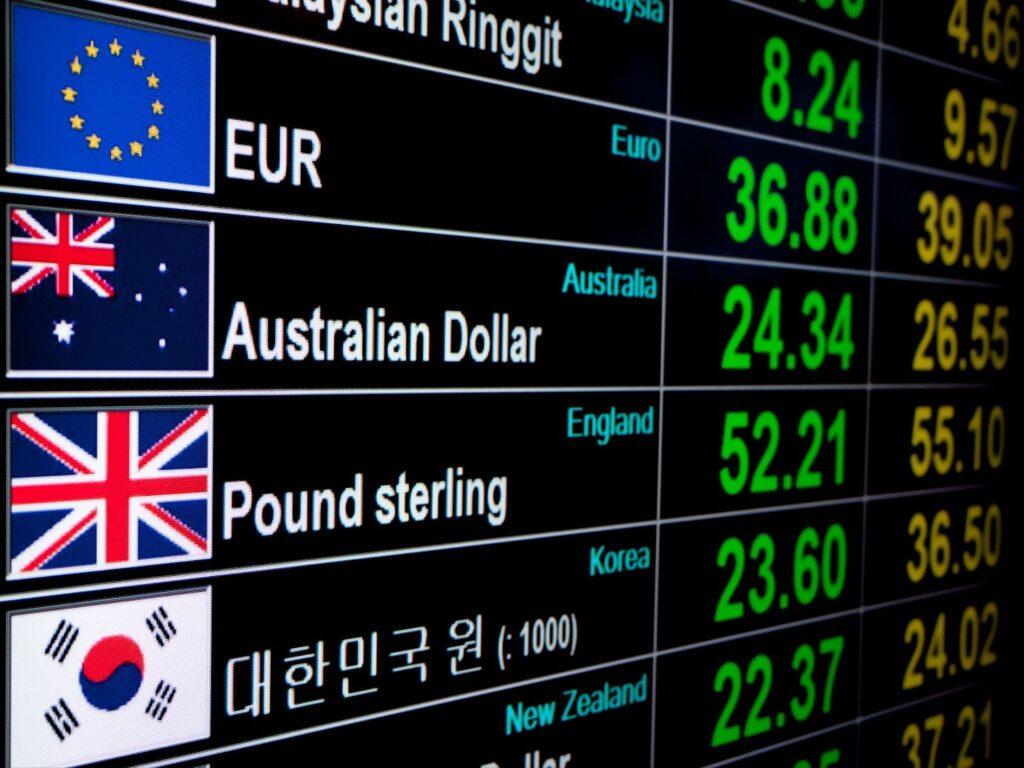
Countries with pegged exchange rates
Many countries worldwide opt to peg their currencies to stabilise their economies and facilitate international trade.
Knowing which countries have pegged exchange rates can influence your travel decisions and budget planning if you’re planning to travel.
Key examples of pegged exchange rates
Hong Kong
Hong Kong’s currency, the Hong Kong dollar (HKD), is pegged to the US dollar.
This peg has been in place since 1983 and is maintained through a currency board system, which strictly controls the issuance of HKD in line with its US dollar reserves.
For travellers, this means that the value of HKD relative to the US dollar remains consistent, providing a stable pricing environment.
United Arab Emirates
The UAE dirham is pegged to the US dollar, a common practice among Gulf Cooperation Council (GCC) countries.
This peg helps stabilise the oil-rich economy and ensures that international business transactions are predictable.
Travellers to the UAE can expect minimal fluctuation in exchange rates, which aids in budgeting for expenses like accommodation and entertainment.
Denmark
Unlike many countries that peg their currencies to the euro or the US dollar, Denmark has a unique arrangement where the Danish krone is pegged to the euro.
This peg is maintained within a narrow band, allowing only slight fluctuations.
This arrangement provides economic stability while keeping the country’s currency aligned with that of its main trading partner, the Eurozone.
Travellers from Eurozone countries will find the exchange rates almost at par, simplifying financial planning during their visit.
Here is a list of some additional countries that maintain pegged exchange rates, along with the currencies they are commonly pegged to:
- Bahrain: Pegged to the US dollar
- Belize: Pegged to the US dollar
- Bosnian convertible mark: Pegged to the euro
- Bhutan: Pegged to the Indian rupee
- Cuba: Pegged to the US dollar
- Djibouti: Pegged to the US dollar
- Eritrea: Pegged to the US dollar
- Jordan: Pegged to the US dollar
- Lebanon: Pegged to the US dollar
- Nepal: Pegged to the Indian rupee
- Oman: Pegged to the US dollar
- Panama: Uses the US dollar (de facto pegging)
- Qatar: Pegged to the US dollar
- Venezuela: Pegged to the US dollar
Impact on travellers
Travelling to countries with pegged exchange rates offers a degree of financial predictability that can significantly ease budget management.
The prices of goods and services are less likely to experience the sharp fluctuations seen in nations with floating currencies, making it easier for you to forecast the cost of your trip and avoid unexpected expenses.
Additionally, countries that peg their currencies often have more stable economic conditions, which can lead to safer and more comfortable travel experiences.
However, it’s essential to be aware that political or economic turmoil can affect even pegged currencies.
Changes in the global economic landscape, such as those influenced by oil prices or significant geopolitical events, can lead these countries to adjust or abandon their pegs, affecting your travel budget.
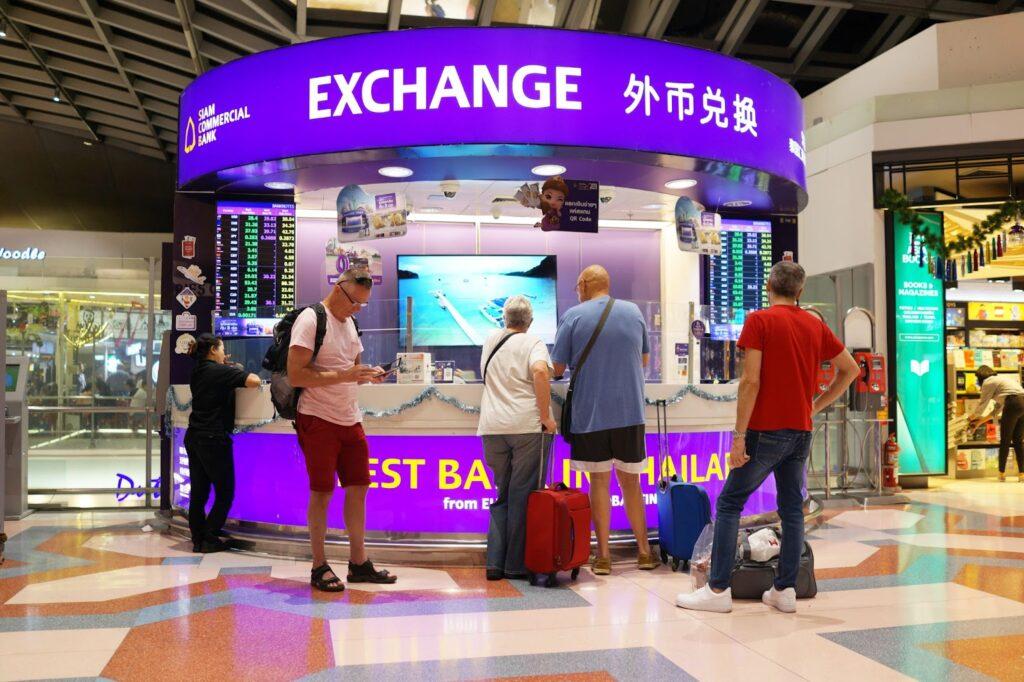
How different exchange rate regimes affect travellers
Navigating exchange rates is crucial for budgeting your travel expenses accurately. Whether a country uses a floating, pegged, or fixed exchange rate can greatly influence your financial planning for international travel.
Floating exchange rates
Floating exchange rates are determined by market forces like supply and demand. This means they can fluctuate significantly from the day you plan your trip to when you actually travel, introducing variability and potential uncertainty into your budget.
For instance, if the domestic currency weakens by the time of your trip, you might find that your travel budget stretches further than expected, making your trip cheaper.
Pegged and fixed exchange rates
As mentioned, pegged and fixed exchange rates offer greater stability. These rates are typically set against a major currency or basket of currencies.
This arrangement reduces the risk of sudden spikes or drops in currency value, providing predictability for travellers. For example, if you travel from a Euro-zone country to another country with its currency pegged to the euro, you’ll likely find prices stable and similar to home, simplifying budget management.
Adjustable pegs and hybrid systems
Some countries use an adjustable peg system, where the exchange rate is periodically adjusted according to predetermined rules or in response to specific economic indicators.
This hybrid approach balances the predictability of fixed rates with the flexibility of floating rates, adapting to economic conditions without frequent fluctuations.
For travellers, this means occasional adjustments could affect the cost of your trip, but generally less so than in a purely floating regime.
Implications for travellers
Understanding the type of exchange rate regime can inform crucial decisions, such as when to exchange your travel money and how to allocate your travel budget.
Knowing whether a country’s currency is pegged, fixed, or floating can give you a strategic advantage in planning your travel expenses and ensure you make the most of your money while abroad.
Takeaways
Understanding pegged exchange rates is crucial, as it affects everything from the cost of your hotel to how much you spend on souvenirs.
Knowing whether a country’s currency is pegged or floats freely allows you to manage your travel budget better and avoid financial surprises.
The stability offered by pegged rates can be a double-edged sword, providing both predictability in costs and potential risks of economic misalignment, which could indirectly affect your travel expenses.
As global economics continue to evolve, monitoring exchange rate regimes and monetary policies will help you make more informed travel decisions and enhance your overall travel experience.
Whether you’re budgeting for a trip to a country with a stable pegged rate or navigating the uncertainties of floating rates, awareness of these financial mechanisms empowers you to travel smarter.
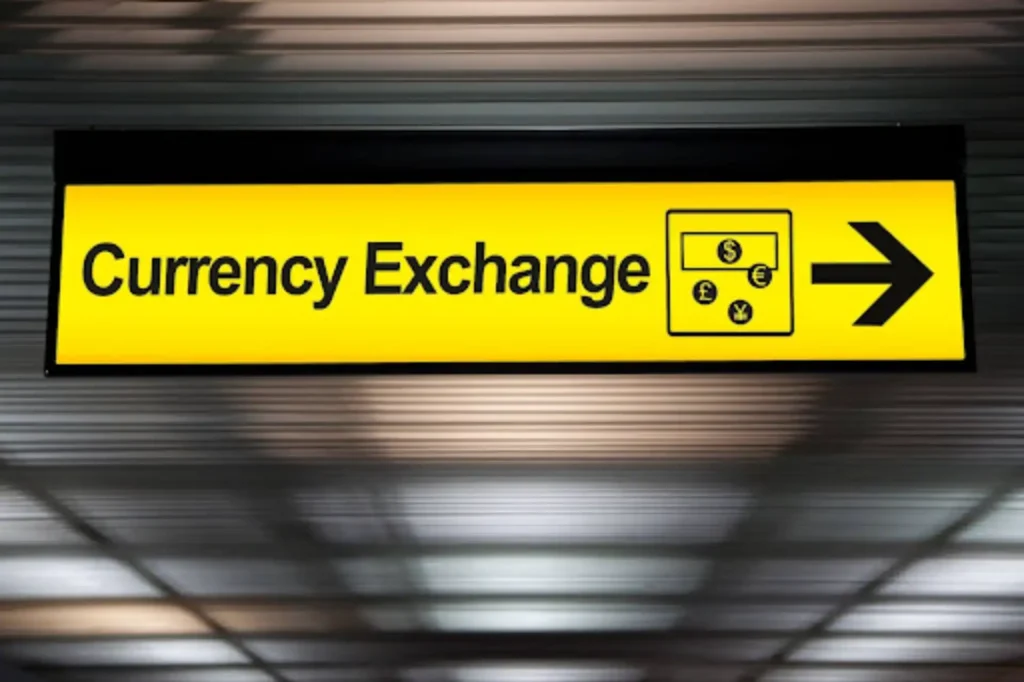
Why choose Manor FX for your currency exchange?
Extensive currency selection
Manor FX offers an impressive range of over 160 different currencies, making it the go-to destination for diverse foreign currencies in the UK. Need unique travel currencies at great rates? Look no further.
Convenient click-and-collect service
Take advantage of our hassle-free click-and-collect service. Just select this option at checkout and pick up your travel money at your convenience.
Free delivery
Enjoy complimentary delivery when your order totals over £750. Order your foreign currency online and receive it at your home or office without any inconvenience.
Better value for your money
Manor FX provides competitive exchange rates, ensuring you get more for your money compared to other providers, including banks.
Attractive buyback rates
Don’t let your leftover currency go to waste. With our attractive buyback rates, you can easily sell back any remaining currency when you return from your travels.
FAQs
What’s the difference between fixed and pegged exchange rates?
A fixed exchange rate is when a country keeps its currency’s value the same relative to a specific foreign currency.
A pegged exchange rate is similar, but it allows for occasional currency adjustments based on specific economic conditions.
Both systems aim to stabilise a country’s currency value, but pegged rates offer a bit more flexibility than strictly fixed rates.
What’s an adjustable pegged exchange rate?
An adjustable pegged exchange rate is a system in which a country’s currency value is fixed relative to another currency but can be adjusted based on certain economic conditions.
This means the country sets its currency’s value close to a major currency like the United States dollar, but it can change the rate occasionally to respond to economic pressures or to keep its economy stable.
Fixed vs pegged exchange rate which is best?
Choosing between a fixed and a pegged exchange rate depends on a country’s needs. A fixed exchange rate system is very stable because it keeps the currency’s value the same all the time. This is good for countries that want to avoid any economic surprises.
A pegged exchange rate is also stable but allows for some changes if the economy needs them, which can help a country manage changes in economic conditions better.
There isn’t a “best” option; it really depends on the country’s specific economic goals and situation.